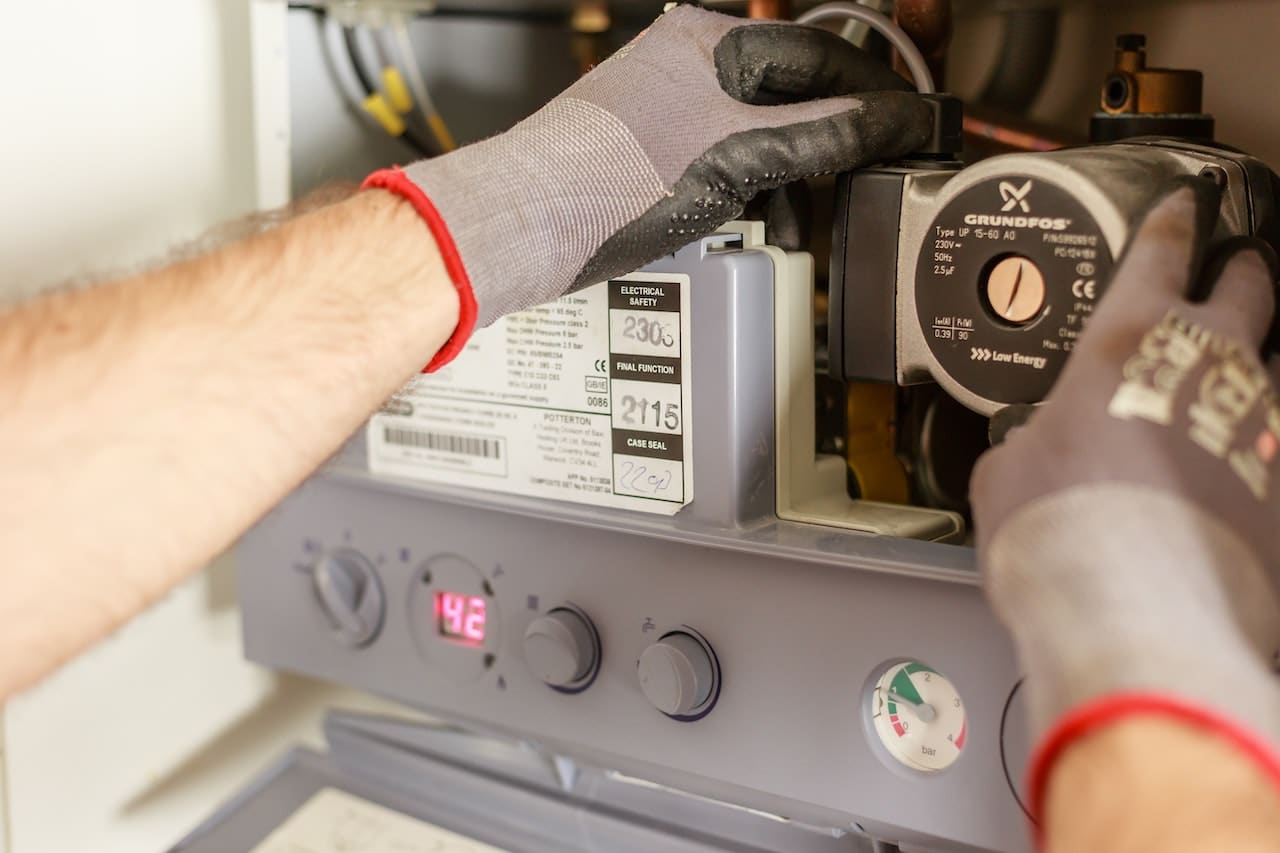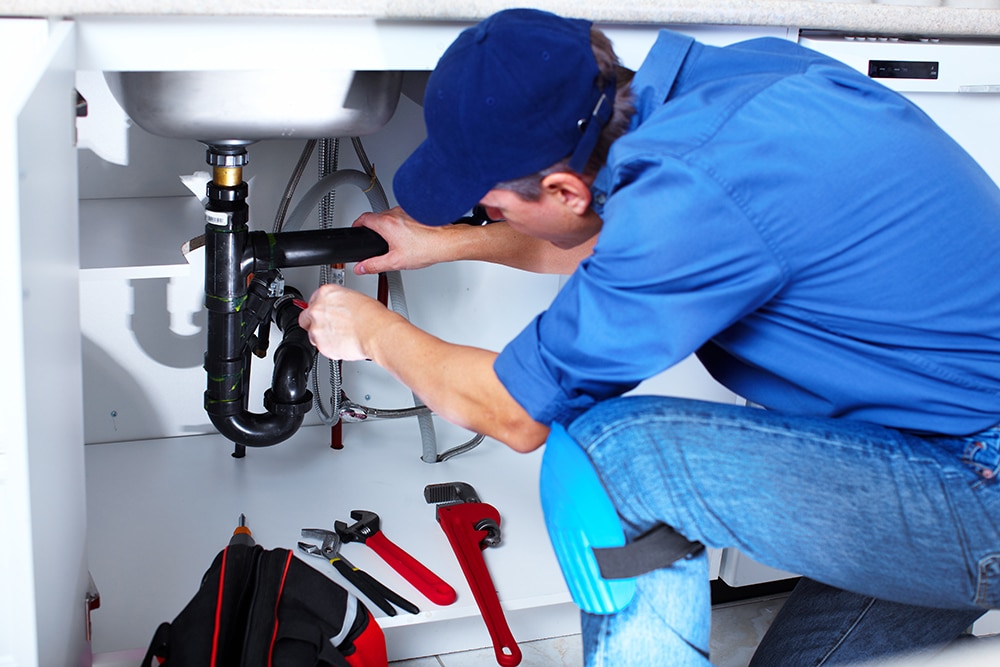If you’re not sure how often you should have your water heater flushed, you may not be aware of its many needs. Hot water heaters are often overlooked until something goes wrong. Besides making sure the temperature and pressure are correct, they need regular attention to keep in good shape. Fortunately, there are a few things you can do to help keep yours in top shape. Listed below are some tips for keeping your water heater in top condition.
Less than 60 psi
If you’re experiencing a problem with water pressure, your water heater might need a flush. Low water pressure may be caused by corrosion in your pipes, or it might simply be the pressure regulator on the incoming water line. If you suspect the regulator is the problem, you can loosen the locknut on the pressure regulator and turn the adjusting screw clockwise to raise water pressure. Keep in mind, though, that the ideal water pressure should be in the range of 45-60 psi.
You can check the pressure by attaching an air pressure gauge to a faucet in your bathroom or laundry room. If you don’t have one, you can buy one at any hardware store. If you can’t find one in your area, you can use the faucet in another room to test it. A pressure gauge is a useful tool for checking water pressure because it tells you the pressure that a faucet can produce. If it’s too high, it may be a sign of a leak.
A water heater that doesn’t need a flush is probably safe, but if the pressure is too high, a pressure-relief valve might be necessary. These valves release steam and water if the pressure in the tank increases above a safe level. This pressure can cause your faucets to jump and cause damage. A pressure-relief valve is an important safety feature that protects your home from the dangers of high pressure.
Once a year
It is recommended to flush your water heater once a year. You will need a large bucket or a hose that can be connected to the flushing valve on your water heater. Before starting, you should turn off the electrical or gas connection to the unit. Open the drain valve and temperature relief valve. After the flush is complete, you can turn the hot water back on. To flush the unit, follow these simple steps.
The flushing process will help prolong the life of your water heater and ensure that you always have hot water throughout your home. Flushing the tank can prevent dirty dishes and children, and will also make it easier for you to get a hot shower. It is also a good idea to flush your water heater if it has been over a year since it was last flushed. You may also want to flush the unit more frequently if you have a large family or a high hot water usage. A water heater flush will improve water quality, and it will also help lower your utility bills.
Water heaters need to be flushed every year to prevent sediment from forming between the heating element and the water. This sediment can clog the pipes and the tank, which decreases water flow. If sediment builds up too much, your water heater will no longer heat water properly. Besides, sediment buildup can cause other problems as well, including higher energy bills and a reduced tank capacity.
Twice a year
Flushing a water heater is a great way to extend its life and avoid sediment buildup. Sediment can make your water heater work harder, use more energy, and result in costly problems down the line. What’s worse, sediment can get into your water supply and faucets. It’s best to flush your water heater once a year to keep it working as efficiently as possible.
Flushing your water heater is a quick process that keeps your water heater running at peak efficiency and prolongs its lifespan. Make sure to call a plumber if you suspect your water heater needs flushing. Professionals will perform a thorough inspection, replace the anode rod, and flush the tank. Your water heater might need flushing every few months, depending on the type of water supply you have in your area. However, flushing your water heater will save you money over time.
Flushing your water heater can be dangerous if you haven’t performed it in a while. This sediment can clog drain lines and damage the tank. If you’ve never flushed your water heater, you might want to hire a professional plumber to do the flushing for you. But if you haven’t flushed it in years, don’t wait until something goes wrong. A regular flushing of your water heater will help protect your home from the consequences of mechanical failure.


